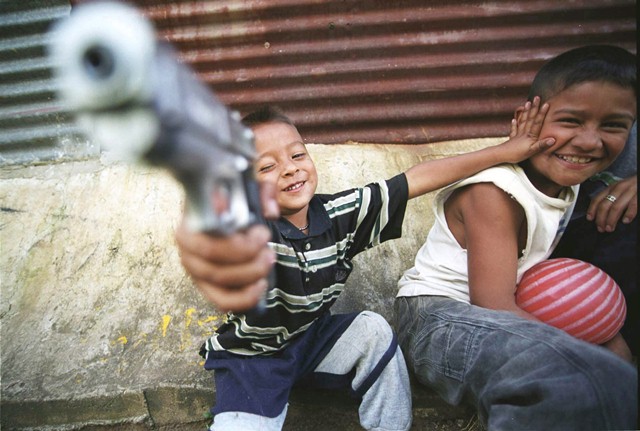Youth, identity and security

The latest synthesis report summarizes the research that was produced as part of the cluster on youth, identity and security of the Initiative for Peacebuilding – Early Warning Analysis to Action (IfP-EW). The cluster scrutinized different approaches toward youth and urban violence with a special focus on the gender perspective. This latest report combines the results of case studies conducted as part of the project and provides recommendations for European policy-makers.
A different approach
Today, rapid and unregulated urbanization and chronic urban violence are some of the leading concerns of policy-makers. Urban centres are home to half of the world’s population and some of the world’s highest homicide rates occur in urban areas of countries which are not at war. The report Youth, Identity and Security deals with the diverse approaches to youth and urban violence based on case studies in eight countries: Brazil, Cape Verde, El Salvador, Guatemala, Guinea-Bissau, Honduras, Mozambique and Venezuela.
Though violence outbreaks occur predominantly in underprivileged neighbourhoods in developing countries, the report underlines that it is not so much poverty or “underdevelopment” which foster urban youth violence. The social status and the possibilities of being a gang member appeal young people and motivate them to resort to violence.
Innovative policy recommendations
The report argues that policy-makers, both at the national and international level, should not consider violent youth as isolated target groups or as threats. Rather, they should be perceived as mirroring society itself and as indicators of discriminatory state policies. The report calls for a paradigm shift in approaching urban violence: considering it a product of socio-economic and political reality rather than exclusively a public security issue. It should therefore be treated as a horizontal issue, concerning not only the justice and public security policy sectors, but also education, employment and health.
Download the full report: Youth, Identity and Security (PDF, English)
The research was conducted with the support of the International Development Research Center of Canada (IDRC) as part of the Initiative for Peacebuilding – Early Warning Analysis to Action (IfP-EW), financed by the European Union. Interpeace coordinated the cluster on youth, identity and security.
 |
